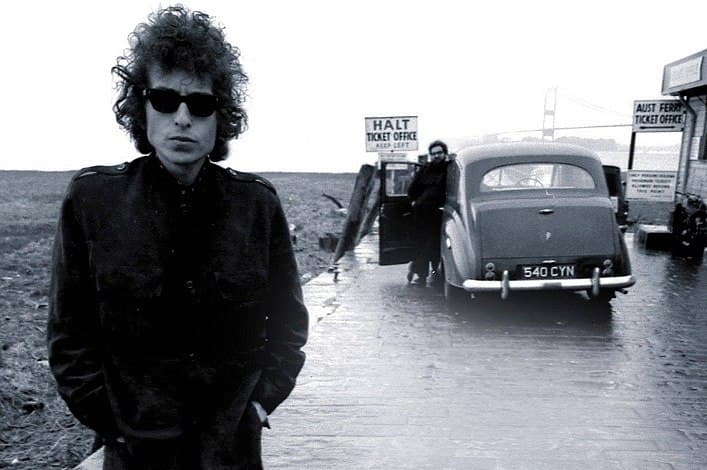
A Timeless Plea for Peace and an End to Suffering
Released in 1973 as part of the soundtrack for the film Pat Garrett and Billy the Kid, Knockin’ on Heaven’s Door quickly transcended its cinematic origins to become a powerful anti-war anthem and a universal expression of grief and longing for solace. While it didn’t top the charts in the traditional sense, its impact on popular culture was undeniable, achieving widespread recognition and becoming a staple of radio airplay and live performances for decades. Its chart performance was respectable, reaching number 12 on the Billboard Hot 100, marking a significant commercial success for Dylan in the early 70’s.
The song’s simplicity is its strength. The lyrics, sparse yet evocative, paint a vivid picture of a dying lawman, weary and resigned, uttering a heartfelt plea: “Mama, take this badge off of me / I can’t use it anymore / It’s getting dark, too dark to see / I feel I’m knockin’ on heaven’s door.” 1 These words, repeated with a haunting melody, resonate with a profound sense of weariness, not just from physical wounds but from the burdens of life itself. It’s a cry for release, a yearning for peace beyond the turmoil of earthly existence.
The context of the song’s creation adds another layer of meaning. Released during the Vietnam War era, Knockin’ on Heaven’s Door became an anthem for a generation grappling with the horrors of conflict. Though not explicitly about Vietnam, its message of loss and the desire for an end to suffering resonated deeply with a nation weary of war. The song became a powerful expression of anti-war sentiment, capturing the collective grief and disillusionment of a generation.
But Knockin’ on Heaven’s Door transcends its historical context. It’s not just a protest song; it’s a song about the human condition. It speaks to the universal experience of pain, loss, and the longing for something beyond our grasp. Whether it’s the pain of a soldier on the battlefield, the grief of a loved one lost, or the simple weariness of everyday life, the song’s message of seeking solace resonates with listeners from all walks of life.
The song’s enduring appeal lies in its simplicity and universality. The melody is hauntingly beautiful, and the lyrics, though few, are deeply evocative. It’s a song that can be interpreted in many ways, allowing listeners to find their own meaning within its simple yet profound message. It is this very ambiguity that allows the song to remain relevant and resonant across generations.
Many artists have covered Knockin’ on Heaven’s Door, each bringing their own interpretation to the song. Guns N’ Roses’ rock rendition in the early 90s brought the song to a new generation, further cementing its status as a timeless classic. Their version, featured in the film Days of Thunder, amplified the song’s raw emotion with soaring guitars and Axl Rose’s powerful vocals, introducing it to a new audience while retaining the core message of Dylan’s original. Other notable covers include versions by Eric Clapton, Avril Lavigne, and many others, demonstrating the song’s versatility and its ability to transcend genre.
Knockin’ on Heaven’s Door is more than just a song; it’s a cultural touchstone, a timeless expression of the human desire for peace and solace. It’s a song that continues to resonate with listeners of all ages, reminding us of our shared humanity and our enduring hope for a better world. It stands as a testament to Bob Dylan’s genius and his ability to capture the essence of the human experience in his music. It’s a song that will undoubtedly continue to touch hearts and minds for generations to come.